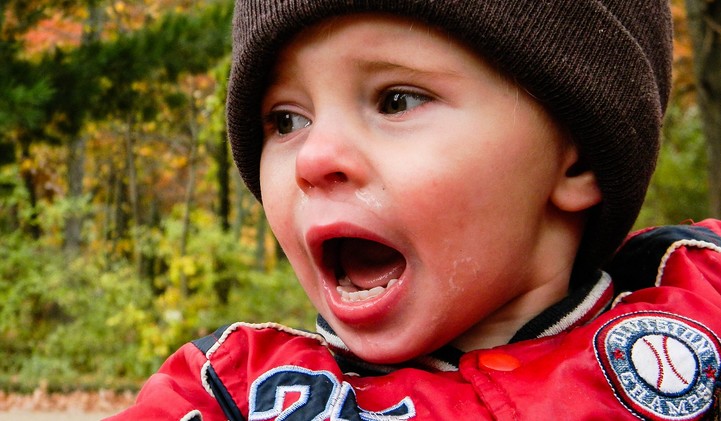
As young children grow from infants to toddlers to preschoolers, they learn to interact with other people. Child care providers can play an important role in helping children with social and emotional disabilities be successful, both in early childhood and as they enter kindergarten. Being able to follow directions, play well with others and begin to understand the feelings of others are important skills for all children. These are some of the skills that kindergarten teachers want children to have when they enter school.
Children with social and emotional disabilities are often very intelligent and have the cognitive skills needed to learn. But their behavioral concerns are frustrating and confusing to their family members, child care providers and other children. Child care providers may be the first people to recognize signs of a social or emotional challenge. It is important to share those concerns with parents. Take a look at the article Tips for Child Care Providers to Communicate Concerns about Children’s Development with Parents for suggestions on how to approach parents with your concerns about their child’s social and emotional development.
The following articles describe some signs that a child may need an evaluation for social and emotional disabilities, and describe to adapt your program to support the special needs of young children with social and emotional challenges.
- Social and Emotional Disabilities: Signs of Concern
- Specific Ideas for Child Care Providers to Help Children with Social and Emotional Disabilities
For more information on supporting children with special needs in a child care program, check out the eXtension Alliance for Better Child Care section on Child Care for Children with Special Needs.
